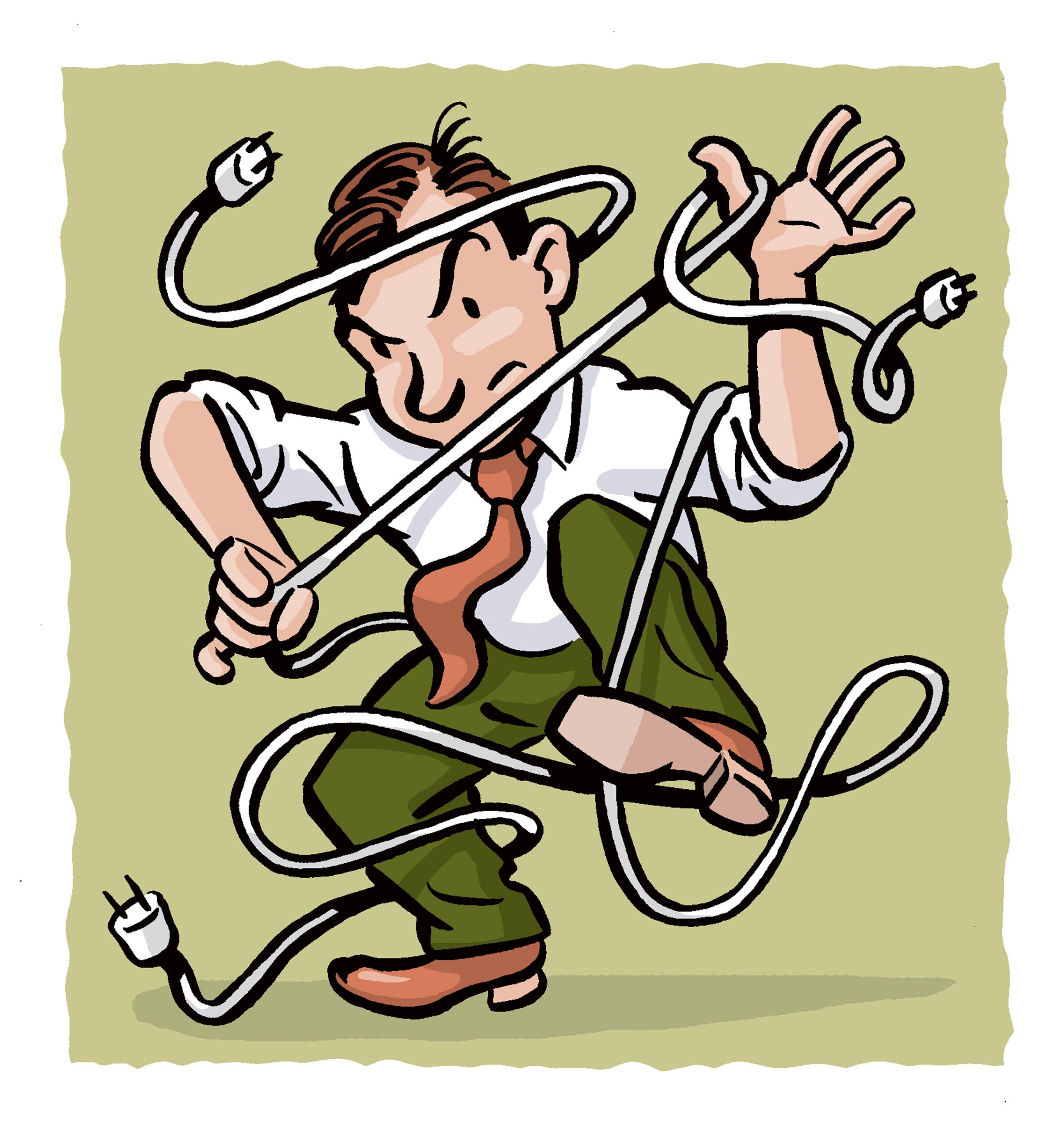Matthew Freedman ’99 is all charged up. Just ask him about the deregulation of California’s utilities. He’ll tell you in passionate detail the tortuous story of a market-based disaster underwritten by the state’s consumers while others reap the profit.
A staff attorney at the Utility Reform Network (TURN), Freedman came to the organization with years of pre-law school experience as an energy policy analyst and a healthy skepticism about using market forces to regulate electricity. He credits HLS Professor Duncan Kennedy with teaching him to question the efficacy of the market.
In his work at TURN, Freedman is often asked to comment on California’s ever-unfolding energy crisis, which has led to rolling blackouts, mounting electric bills, and consumer outrage. Yet his job at the San Francisco-based consumer advocacy group, which also involves lobbying lawmakers and participating in cases at the California Public Utilities Commission, goes well beyond a Cassandra-like role. Freedman says that in his previous work as a consumer advocate, “typically they would thank us for sharing and move on.”
Now, he said, “Decision makers are more willing than ever to listen to ideas that sounded crazy to them a year ago.”
Last October one of those ideas involved questioning the failing utilities’ assumption that the state should bail them out. “We argued that you need to net out all the money that the utilities are making . . . against the money that they claimed that they are losing.”
By January the state had stepped in to buy power, because the utilities could not obtain credit. Governor Gray Davis called a special session of the state legislature to find solutions to the crisis that might avoid the sort of wholesale taxpayer bailout that TURN had condemned and consumers had protested.
Freedman described a frenzy of activity: nearly 200 bills presented in three months. So many issues discussed simultaneously by legislators desperate for solutions.
One of these solutions is the state’s plan to buy transmission lines from the utilities, something Freedman has been lobbying for and that he says will increase oversight of the wholesale market. Freedman believes the state must also reduce energy demand in the short term and double the amount of energy produced by renewable sources in California. “I think there is a willingness to consider these very aggressive initiatives,” he said. “People want solutions and they are willing to think big, which is where you want to be if you are an advocate.”
